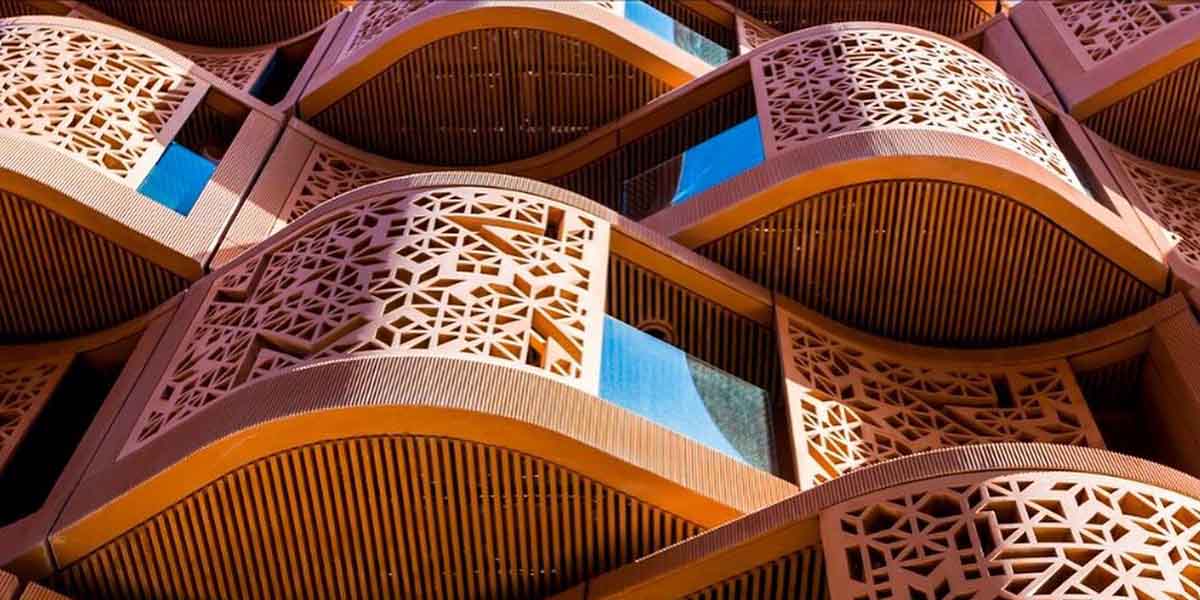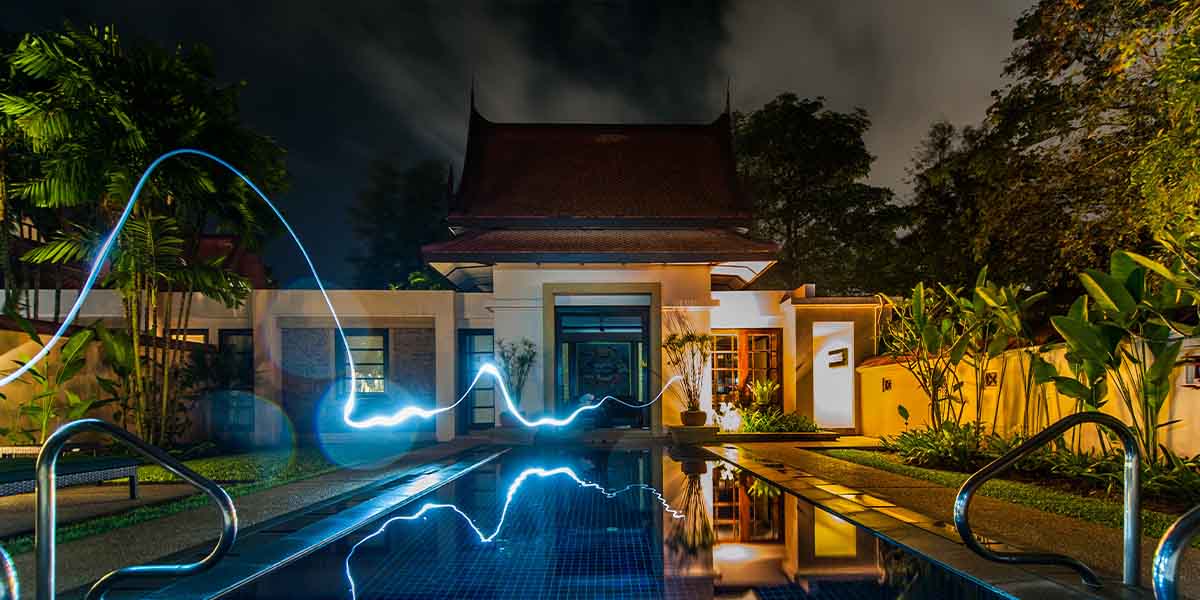(DBMR): The market will grow by 16.80% and reach USD 31647.86 million by 2029

As we rapidly move forward to modern times, Smart-home technologies are taking the world by storm every single day, offering homeowners convenience, security, and energy efficiency. While the earliest notion of home automation was developed in 1975, a communication protocol for electronic devices, X10. Users now can relish more and more innovations that allow them to control and automate various aspects of their home environment, such as lighting, heating, security, entertainment, and appliances.
While these advancements have mainly been associated with developed nations, the Middle East has emerged as a region where smart-home technologies have witnessed a noticeable rise in popularity. let’s explore how far smart-home technologies have reached in the Middle East.
The Middle East is a region that has shown increasing interest and advancements in smart home technologies in recent years. According to a report by Data Bridge Market Research, the Middle East and Africa smart home market is expected to grow by 16.80% and reach USD 31647.86 million by 2029. The report identifies the United Arab Emirates (UAE) as the leading country in the region, followed by Saudi Arabia, South Africa, and Egypt.
Read more: Dubai Startup Xpanceo Offers Smart Contact Lenses with Iron Man-Like Features

Masdar City the UAE capital of Abu Dhabi has retained its title as MENA’s smartest city. Furthermore, it ranked 13th globally in the 2023 Smart City Index by the International Institute for Management Development (IMD). Its construction began in 2008 and aspires to serve as the “greenprint” of smart and sustainable cities. With an estimated cost of about $20 billion, it will be a 6-square-kilometer eco-friendly, low-carbon urban oasis in the desert!
As part of Saudi’s efforts to diversify its economy, the government launched the NEOM project back in October 2017. Spanning 26,500 square kilometers, with futuristic and autonomous development that will include more notable projects, such as the LINE, Trojena, Hexagon, and the Sindalah luxury island.
The new Administrative Capital in Egypt is one of the 14 new smart cities currently being constructed by the government. The new capital aims to leverage smart technologies to improve the quality of life, efficiency of services, and sustainability of the city. It is expected to host 6.5 million residents and create 2 million jobs. The project is estimated to cost US$58 billion and be completed by 2028.
Qatar is also developing its smart urban hubs. Lusail City sets a great example of sustainable living. The visionary city will feature GSAS-rated buildings, green landscapes, waste collection, sewage treatment, and district cooling. Moreover, there will be smart services supported by a command-and-control center.
Oman is planning to construct Sultan Haitham City, a smart city for 100,000 residents outside Muscat. It will be a vibrant, data-driven urban space spanning 14.8 square kilometers. The plan includes essential amenities, traffic management, and “smart infrastructure.” It aligns with Oman Vision 2040, focusing on sustainability with waste-to-energy plants, solar facilities, and shade-providing structures.

Another factor that contributes to the demand for smart home technologies in the Middle East from a consumer’s perspective is luxury and convenience. According to a survey by Lenovo, the UAE has the highest awareness and excitement for smart home and smart city technologies among the EMEA countries. The survey found that 90% of the respondents in the UAE are looking forward to at least one form of smart technology, and the most popular ones are home security cameras, entertainment streaming services, and lighting/heating controls.
Read more: Shaping the Future of Real Estate in the Arab World
Energy management is another prominent area where smart-home technologies have made significant strides in the Middle East. With the region’s scorching temperatures, air conditioning is a necessity for most households. Smart thermostats have become increasingly popular, offering precise control over cooling or heating systems. By using smart algorithms and machine learning, these thermostats learn the homeowners’ patterns and adjust the temperature accordingly, optimizing energy usage and reducing utility bills. Additionally, homeowners can remotely monitor and control their energy consumption, enabling them to make informed decisions about energy usage.
The region has also seen a rise in the adoption of home security and surveillance systems. Smart locks, video doorbells, and security cameras are becoming standard features in many households. These devices offer enhanced security by allowing homeowners to remotely monitor their property, control access, and receive real-time alerts in case of any suspicious activity. Additionally, some smart locks even offer the convenience of keyless entry, allowing homeowners to grant access to guests or service providers without physical keys.
However, there are also some challenges and barriers that halt the shift to smart home technologies in the Middle East. Such as the high cost of installation and maintenance, the lack of interoperability and standardization among different devices and platforms, the security and privacy risks of data breaches and cyberattacks, and the cultural and social resistance to changing lifestyles and habits.
Therefore, the future of smart home technologies in the Middle East depends on how well these challenges are addressed and how effectively the benefits are communicated and demonstrated to potential customers. The market also offers opportunities for new entrants and innovators who can provide customized and affordable solutions that cater to the specific needs and preferences of the region.
